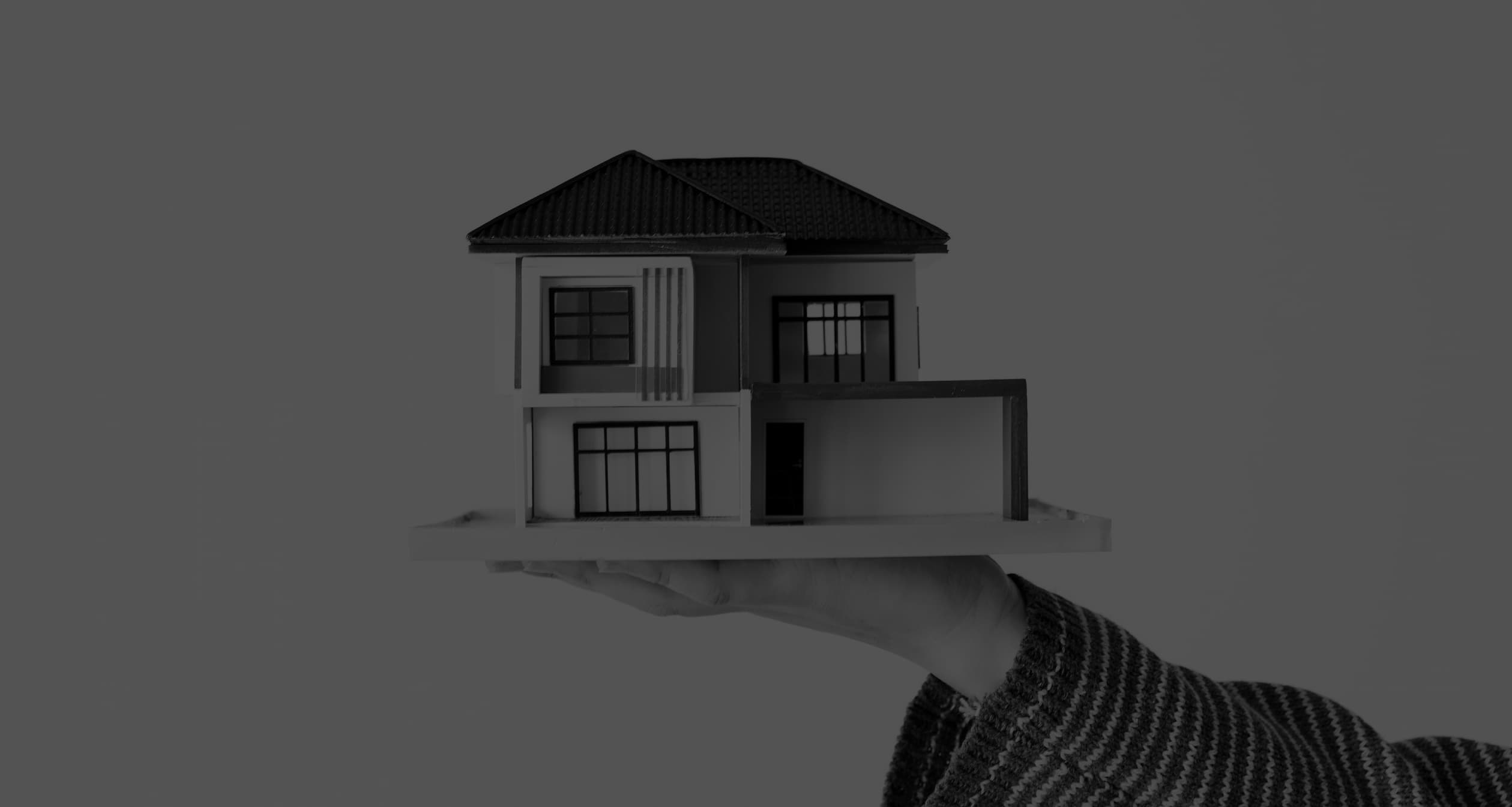There’s been a lot of buzz lately about a proposed increase to South Africa’s VAT rate—and just as quickly as it arrived, the proposal was shelved. But what does all this back-and-forth actually mean for the average South African? Spoiler alert: even without the VAT increase, we’re not completely off the hook.
Let’s break it down.
What Just Happened?
In early 2025, the government announced a proposed VAT hike from 15% to 15.5%, scheduled to kick in on 1 May. The move was aimed at increasing state revenue to support infrastructure and social programmes—but it wasn’t met with open arms.
Opposition parties, civil groups, and even some business leaders pushed back hard. They argued that raising VAT during a cost-of-living crisis would hurt ordinary citizens far more than it would help the economy. And after plenty of debate and public pressure, the proposed increase was postponed—indefinitely, for now.
So, no VAT increase… for the moment.
What Is VAT and Why Does It Matter?
VAT, or Value Added Tax, is a tax we pay on most goods and services in South Africa. From your morning loaf of bread to your car repairs, VAT is baked into the final price you pay. Currently set at 15%, it’s been a key source of government income for years.
Let’s put it into perspective: if you buy groceries worth R2,000 per month, roughly R260 of that goes towards VAT. If the increase had gone through, that would have jumped to R270. Not much, you might think—but spread across everything you buy, every month, it starts to add up.
VAT is especially tricky because it’s hidden in plain sight. You rarely see it, but you feel it when prices rise.
If It Had Gone Through…
For a middle-income household, the VAT increase would’ve felt like a stealthy budget cut. Here’s what a 0.5% bump might’ve looked like:
- Groceries: Monthly food bill increases by ±R50–R100
- Fuel: R1 extra per fill-up (or more depending on your tank size)
- School Fees: Private or independent school fees may rise to cover operational costs
- Utilities: Slight increases on electricity and water bills
It’s not just about bigger bills—it’s about smaller margins. That “extra R200 per month” could have been your savings, your emergency fund, or your kids’ lunch money.
Since It Didn’t…
So, no VAT increase… good news, right?
Sort of. While we’ve avoided an immediate rise in prices, we’re still navigating a tough economic landscape:
- Petrol prices remain high
- Interest rates are holding steady—at high levels
- Food prices continue to rise due to global supply chain issues
- Electricity tariffs have gone up, again
In other words, even without the VAT hike, life hasn’t suddenly become more affordable. It’s just slightly less expensive than it could’ve been.
Some families may still feel the squeeze, not because VAT increased—but because their income hasn’t kept pace with rising living costs.
So… What Can You Actually Do About It?
Here’s where you do have some control.
While you can’t rewrite government policy, you can take small steps to protect your financial wellbeing—VAT hike or not.
✅ Audit Your Budget: Review your monthly spend. Are you still paying for that streaming service no one watches?
✅ Shop Smarter: Bulk-buy non-perishables, compare prices, and take advantage of specials.
✅ Cut the Energy Drain: Switch off geysers during the day, unplug devices, and use energy-efficient appliances.
✅ Review Your Insurance: Now’s a great time to reassess your policies. Are you overpaying? Are you underinsured?
Final Thought: Control What You Can
Here’s the reality: whether the VAT increase happens later this year or not at all, the cost of living isn’t going down any time soon. What you can do is build financial resilience—small actions, better planning, and staying informed.
It’s not just about VAT. It’s about knowing where your money goes and making it work harder for you.
At TI Brokers, we help everyday South Africans protect what matters most. Whether it’s your health, your family, or your finances—we’re here to make the complex stuff simple, and to keep you covered no matter what the budget throws at you.



